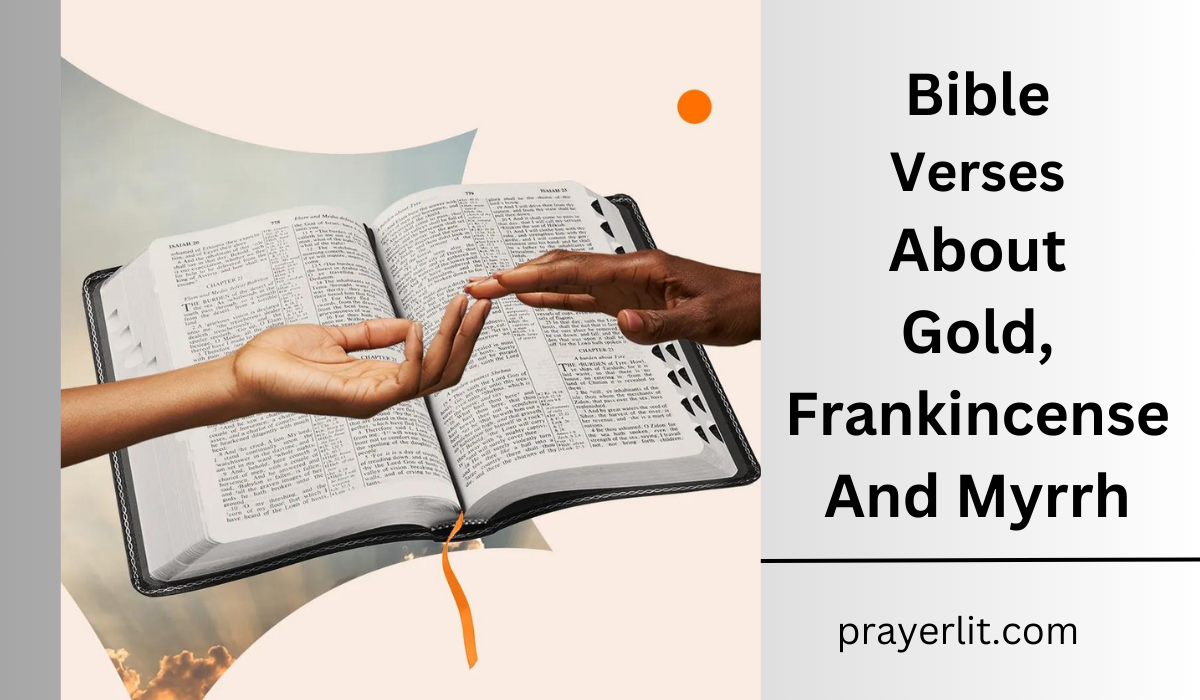The wise men gave Jesus the gifts of gold, frankincense, and myrrh, which have deep symbolic and scriptural significance. These gifts were profoundly prophetic and symbolized the person and work of Christ; they were not arbitrary. Myrrh represented His impending sacrifice, frankincense His divinity and priestly function, and gold His reign. These components are found throughout Scripture in a variety of settings and are frequently connected to worship, sacrifice, and divine intent. This article examines Bible passages pertaining to myrrh, frankincense, and gold to determine their spiritual significance and applicability to believers today.
In addition to being valuable commodities, gold, frankincense, and myrrh are also rich in spiritual symbolism that is seen throughout the Bible verses about gold, frankincense and myrrh. From the Old Testament to the New Testament, these presents symbolize the life and ministry of Jesus Christ and stand for sacrifice, adoration, and majesty. Believers are still motivated by the profound significance of the wise men’s gifts to the baby Jesus. We’ll examine biblical passages that have these components in this piece, emphasizing how they function in God’s redemptive purpose.
Receive Daily Prayers in Your Mailbox
Need help with prayers? Subscribe to receive daily prayers and devotionals.

One of the most famous events in the birth tale is when the Magi deliver the infant King gold, frankincense, and myrrh. But these presents are more than just decorative; they have deep religious meaning. Myrrh foreshadows Christ’s agony and death, frankincense indicates His function as the High Priest, and gold symbolizes His everlasting kingdom. Come along as we examine passages from the Bible that highlight the profound significance of these abilities and how they relate to God’s divine design.
Christians have been fascinated with gold, frankincense, and myrrh for millennia because they represent important truths about the person and purpose of Jesus. The Magi’s priceless offerings allude to His sacrifice, priesthood, and monarchy. However, the nativity myth is not the only way they are significant. These components appear often throughout Scripture in ways that shed light on God’s covenant, worship, and redeeming activity. This article explores the biblical background of these talents, revealing their prophetic and spiritual significance for our spiritual development.
